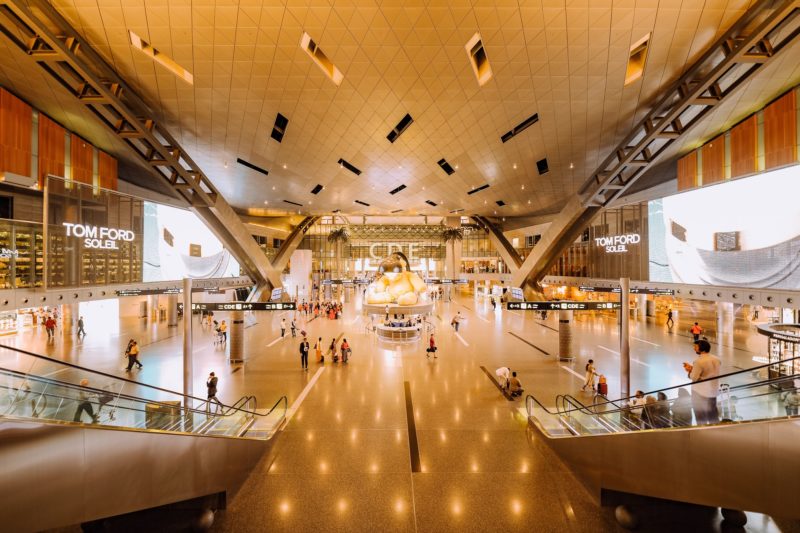The digital economy race has been heating up in China’s major cities. A few months after Shanghai revealed its goal of growing the city’s metaverse industry which is expected to hit 350 billion RMB ($52.3 billion) by 2025, the capital city Beijing is now striving to turn 2 to 3 local districts into “high quality” bases for live streaming e-commerce by 2025.
The announcement comes alongside a target of 500 billion RMB ($74.3 billion) revenue to be generated from information and content consumption – nearly double what is expected to be achieved by the end of 2022, as the authority reiterated its ambition to grow the digital economy at a press conference on 13 July.
The designated districts are expected to be an incubator for professional live streamers and bring about at least 40 new live streaming consumer brands as well as cultivate 10 “internationally impactful” e-commerce institutions with 30 demonstration scenarios that afford both online and offline business activities.
It is also understood that brands, retailers, and information-oriented experience centres are encouraged to participate in the building of the live stream e-commerce base through “brand-led, manufacturing or rural revitalisation themed” live streaming sessions. Meanwhile, market entrants can expect more support from e-commerce platforms with features such as “special live stream zones” for newcomers and brands who introduce new drops.
These measures can be a powerful tool for market players, especially those who have just started their digital journey in China and can help navigate and further leverage the country’s e-commerce and live streaming phenomenon. With the support of the local authority and native institutions, the facility will also enable foreign brands to localise their services and, therefore, be able to communicate and engage more effectively with Chinese consumers.









